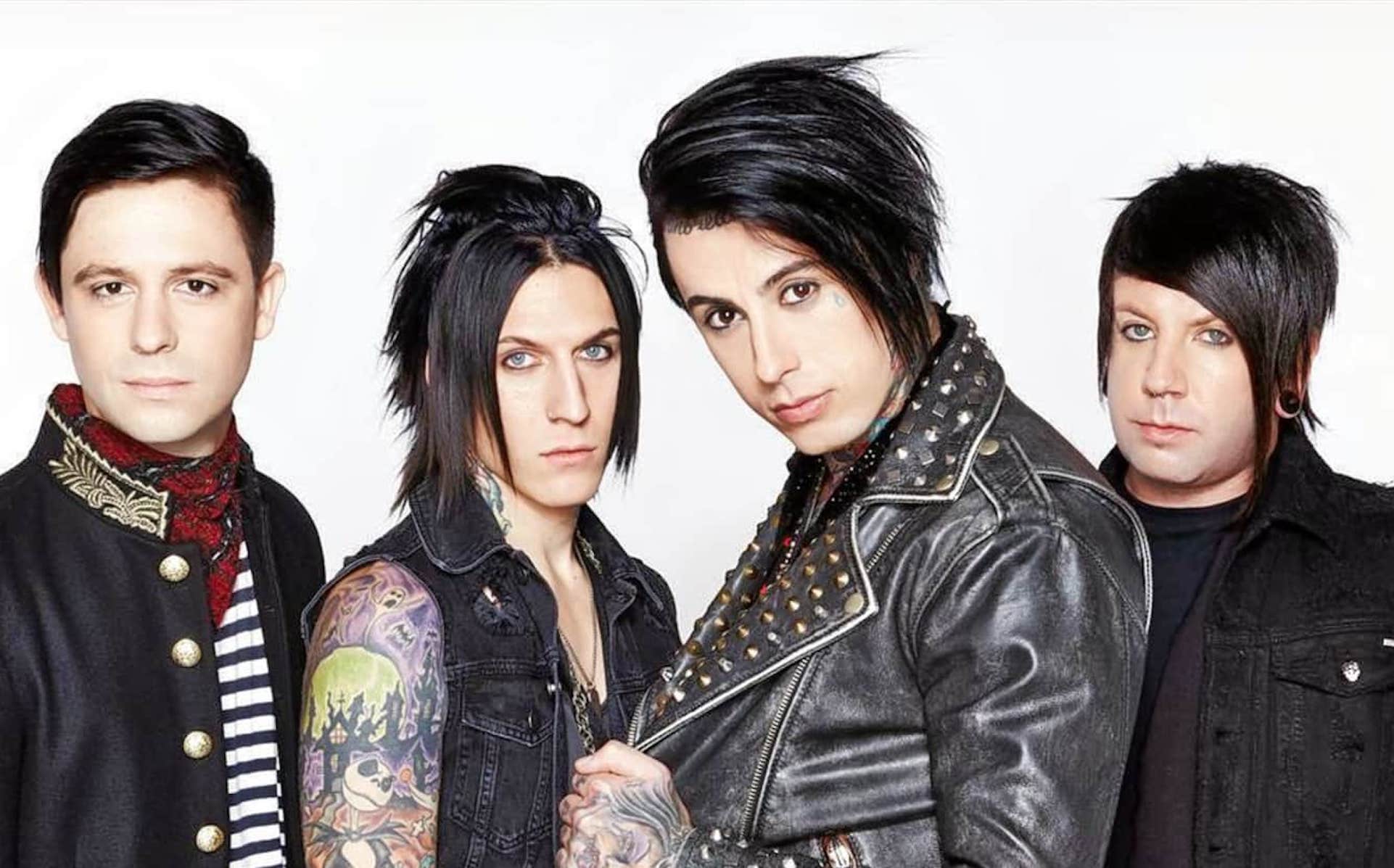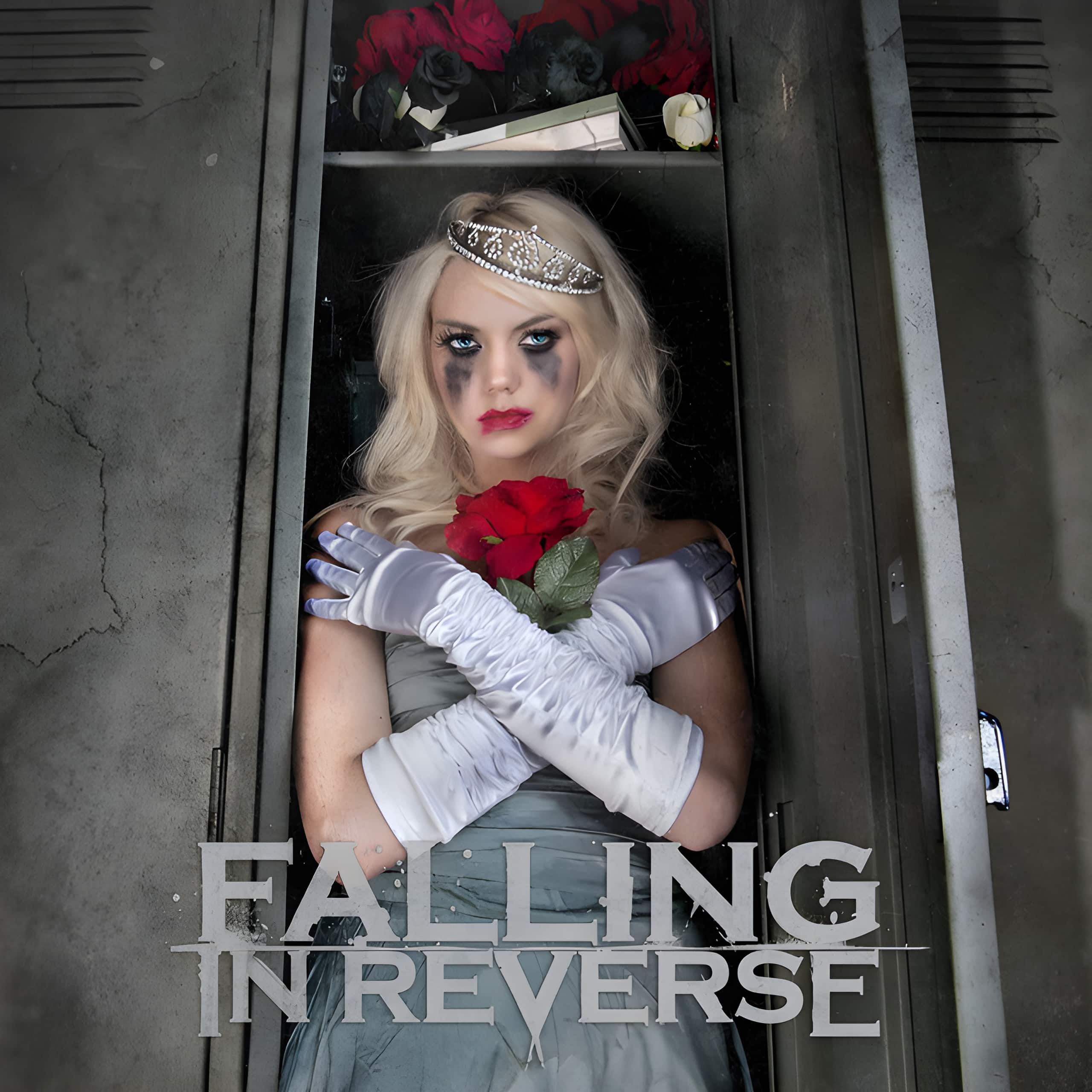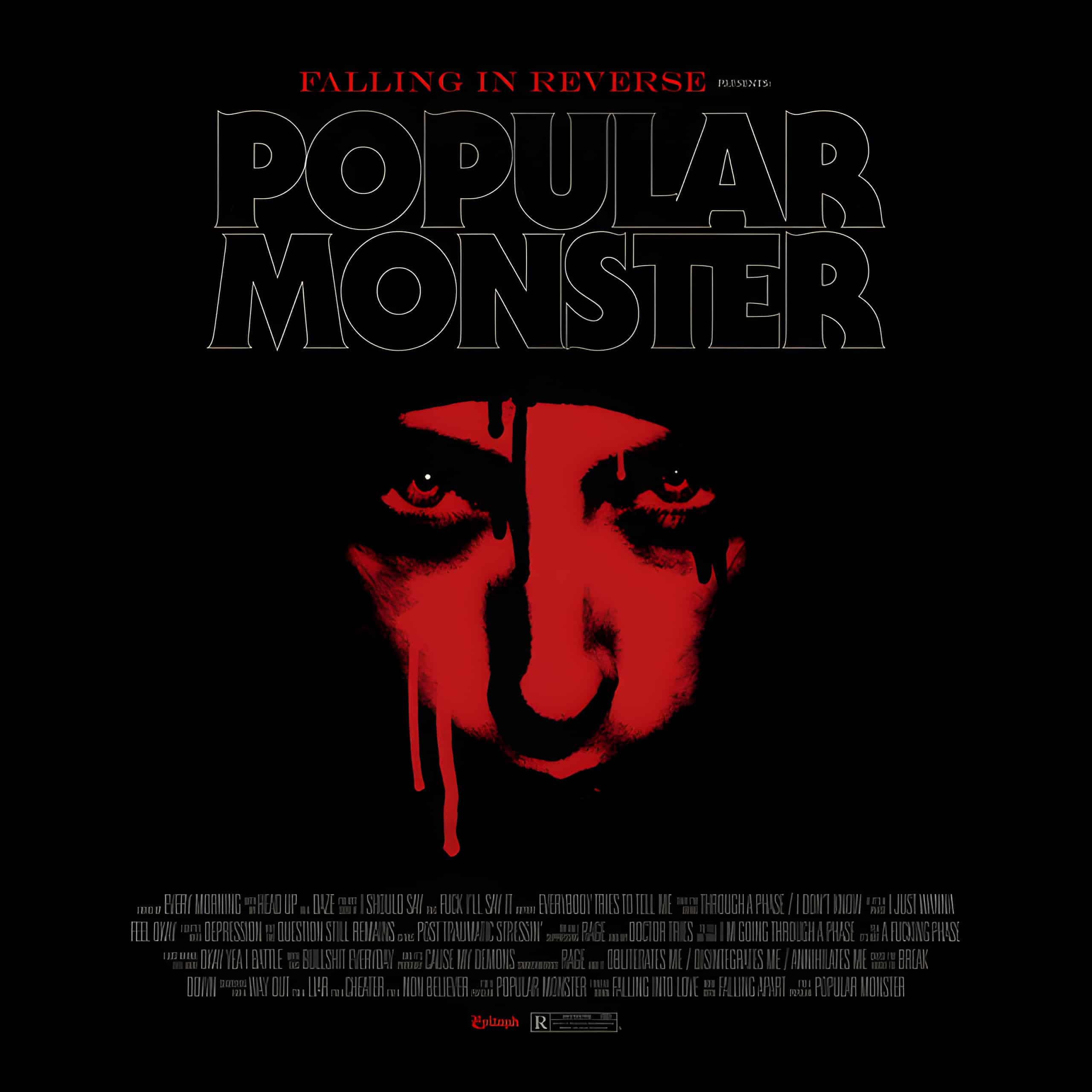Released: 2024
Features: Falling In Reverse, Jelly Roll
In “All My Life” by Falling in Reverse, featuring Falling In Reverse and Jelly Roll, we dive headfirst into a raw confession of struggles and the pursuit of personal redemption. The song vibes with the gritty reality of battling personal demons, the highs and lows of life, and the quest for love in places that often lead nowhere. It’s a powerful anthem for anyone who’s ever felt like they’re continuously messing up but desperately wants to turn their life around.
The opening lines, “Yeah, I’ve been high and low / I’ve been sober, I’ve been faded”, instantly set the tone for a rollercoaster of emotions and experiences. It talks about extreme ups and downs, from moments of clarity to getting lost in substance use, hinting at a struggle with addiction or at least dependency issues. When the singer mentions “Searching for my love in all the wrong places”, it highlights a journey of looking for fulfillment and companionship but heading in the wrong direction, possibly seeking love in shallow, fleeting encounters or in places that only bring further downspirals.
The chorus brings a punch of self-awareness and confession with “All my life I’ve fucked up and I can’t deny / I’m doing my best to get it together”. It’s a raw admission of imperfection and past mistakes combined with a declaration of striving to improve. The repetition of this segment throughout the song works like a mantra, underscoring the ongoing battle between acknowledging flaws and the drive to change. The “I just can’t live like this forever” part suggests a deep desire for change, refusing to stay trapped in a cycle of self-destruction.
Midway, the song nuances the inner battle with lines like “I know you wanna get through to me, but I am my worst enemy”. It speaks volumes about self-sabotage and the internal strife of wanting to let others in and change, but being held back by one’s own destructive patterns. The phrase “And I self-destruct when I’m close to love” again highlights a fear of intimacy or a belief of unworthiness, where getting close to someone triggers a defense mechanism to push away or ruin it before it can go wrong.
The enigmatic “Giddy Up” and “Heehaw” near the end are more than just catchy throwaway lines; they add an element of gearing up for a ride or a challenge, maybe signaling a readiness to take control and move forward despite the hurdles. It injects a dose of levity and resolve into the narrative, emphasizing the wild, unpredictable journey of self-improvement.
In essence, “All My Life” is an emotionally charged anthem echoing the sentiments of those wrestling with their past, acknowledging their flaws, and fiercely working toward a brighter, more stable future. It captures the essence of human resilience and the endless pursuit of bettering oneself, making it an anthem for anyone looking to leave their darker days behind.








